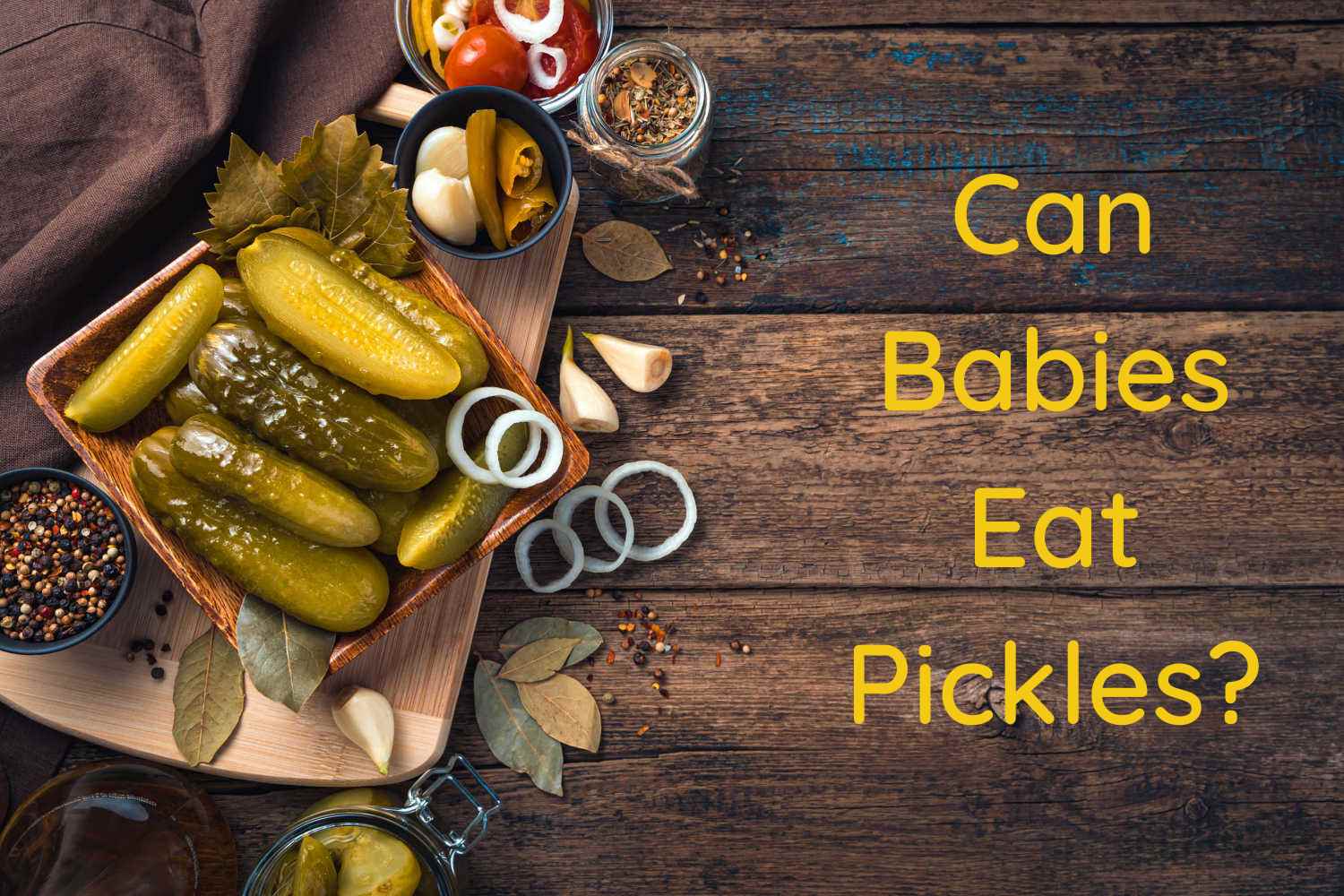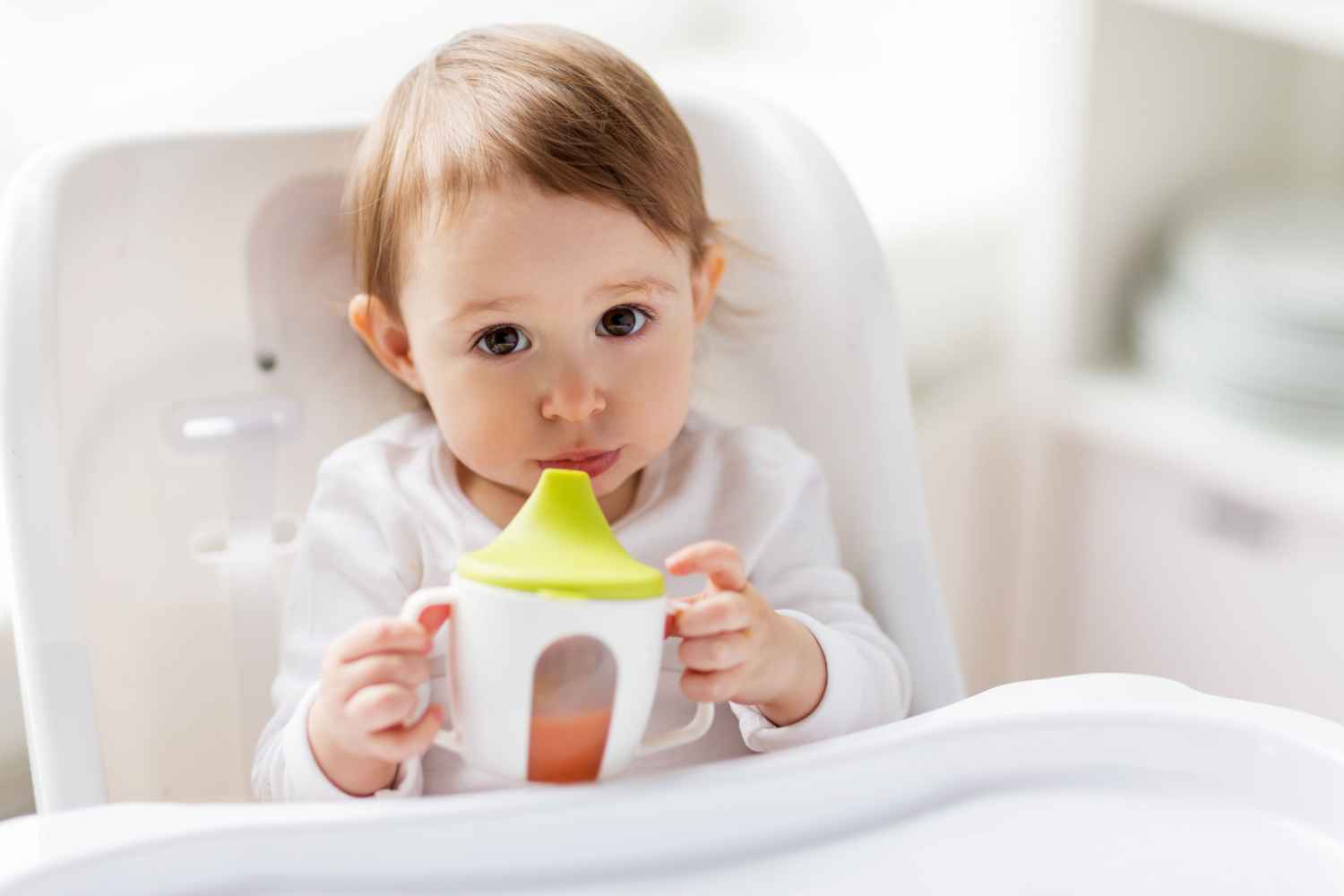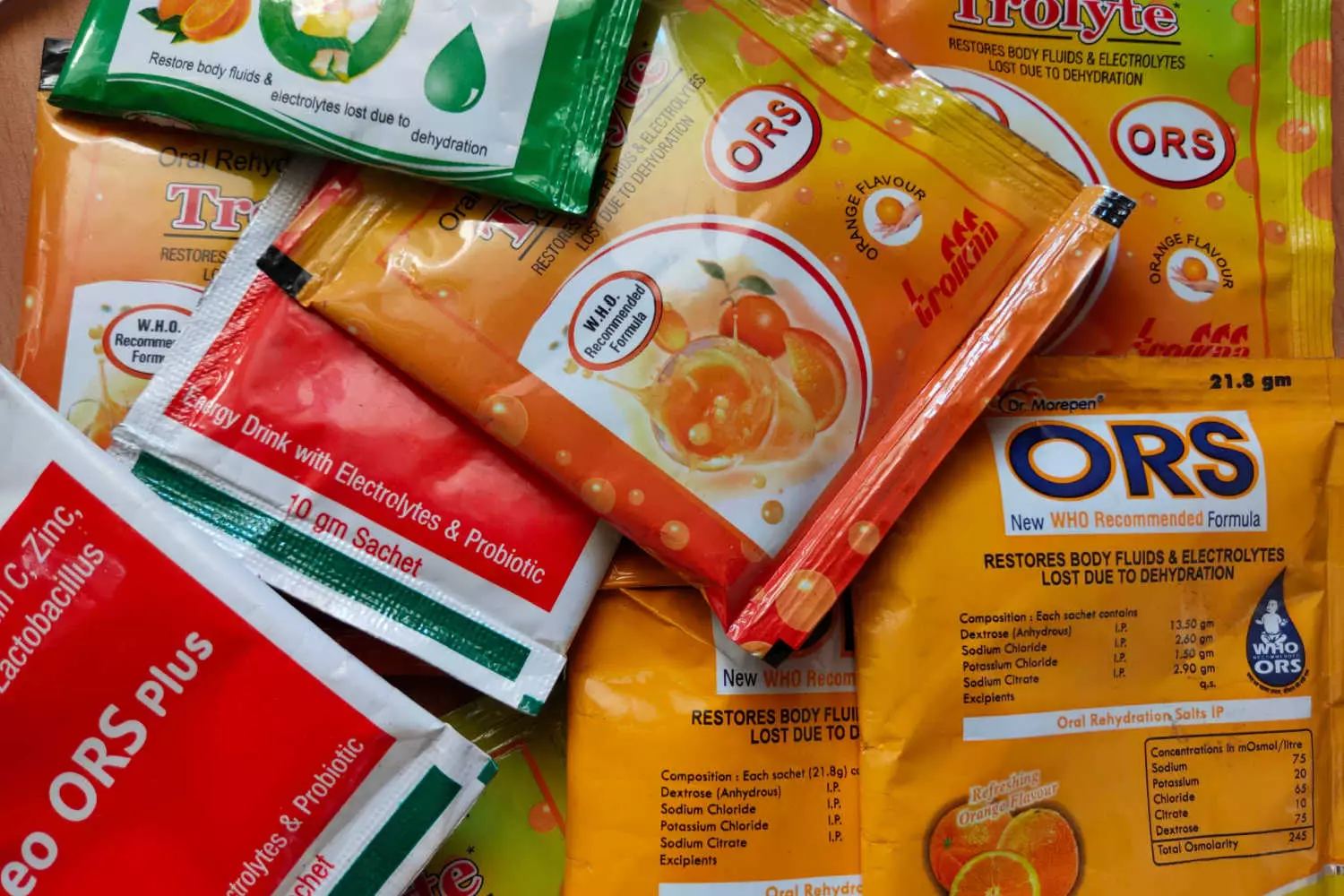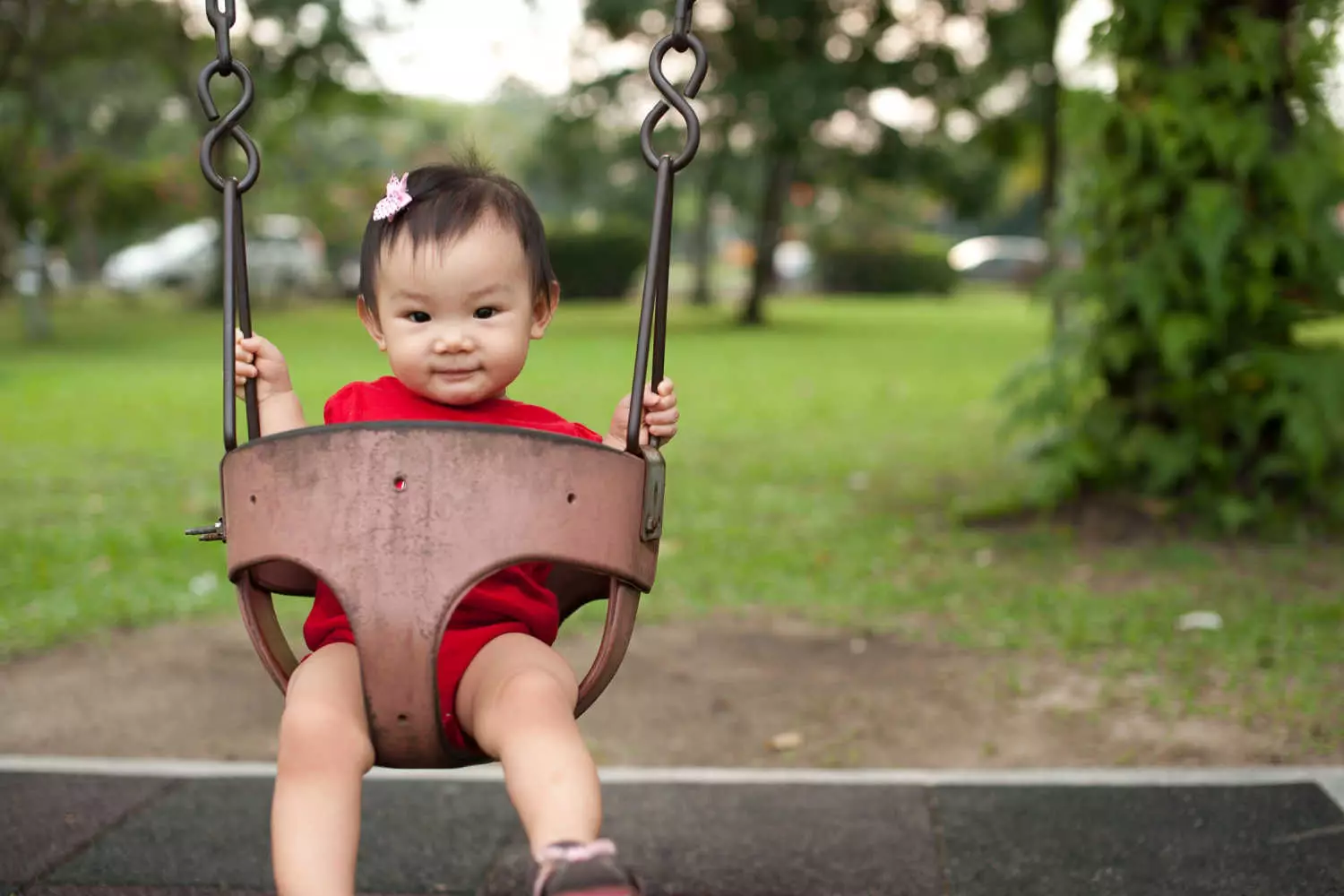
When Will Baby Speaks Her First Word?
5 min readWritten by Editorial Team


Babies start listening to us from the day they are born. However, before babies speak their first word, crying is the first communication infants use to communicate with us. As soon as they start using lips, tongue, and palate, they use sounds like “aa,” “oo,” and “ee” to communicate. Baby’s talk and sounds are pretty awesome to hear. But when a baby speaks the first word?
Babies usually start speaking during the first three years. At this age, the baby’s brain is developing rapidly. During this phase, your baby’s speech skills will develop. The milestones of listening to the baby’s first word are really exciting and awesome. So, here’s a complete guide about how a baby speaks her first word.
In This Article
- When Do Babies Start Talking?
- When Do Babies Speak Their First Word?
- How To Teach Baby To Talk?
- What Should You Not Worry About?
- When Should You Consider To Meet Doctor?
- FAQs
When Do Babies Start Talking?
The first word is a step for a baby to express themselves. Babies start speaking between the ages of 9-14 months. Here’s the guide on the baby’s speech progress.
By The Age Of 4 Months
Since birth, infants listen to the sounds and words spoken by people around them. By 4 months, babies start babbling and copying some of the sounds they hear. Their crying sound also differs depending on hunger, pain, and tiredness.
By The Age Of 6 Months
Your baby starts picking up selective words and ideas from the sound they hear daily. Babies start knowing a few words, such as their names and other people’s names and distinguish between objects. Your little one starts making sounds like “oh,” “eh,” “ah,” and some other consonants such as “bbb” and “mmm.”
By The Age Of 9 Months
Babies start experimenting with words and include longer words such as “ba-ba-ba-ba-ba” and “ma-ma-ma-ma-ma.” Your babies start mimicking people’s gestures and sound like “no” or other words, they listen to them.
By The End Of The 12th Month
When your little one is 12 months old, they can start speaking some words such as “dada,” “mama,” and “uh-oh.” Babies also try to say a few words which they hear from you and also change their speaking tone.
When Do Babies Speak Their First Word?

When babies say their first words vary from baby to baby. Some babies may start speaking the first word at 12 months, but some healthy babies don’t recognize words unless they are 18 months old. Whereas some babies start communicating and speaking words like bye-bye, “ba-ba,” “ball,” “da-da,” and “doll” by the age of 7 months.
“Ma-ma” and “da-da” words are slightly easier for babies to catch. So, you don’t need to be surprised if your baby’s first word is either “da-da” or “ma-ma.” Some other words, which your babies speak at this age are “bye-bye” and “uh-uh.”
How to Teach Baby To Talk?

The best way for each baby to talk is to speak to them. Your baby will be eager to catch words and verbal cues, so try to narrate words or describe to them what you are doing. Start speaking names of people and objects. Read the words of the object to which your babies are pointing out.
Hold on to your conversation and start asking questions. Wait for a while and let them answer. Try to make eye contact and signs showing you are listening to them. Here are a few more ways to teach your babies to talk.
1. Focus on Single Words and Speak Slowly
You don’t need to say hard words around your babies. Ensure to speak simple words and in a slow manner. Simple language is helpful for babies to grab words. Use a picture book to help your child understand objects and things.
2. Use Simple Names Instead of Pronouns
Whenever possible, speak words of objects and people instead of pronouns. Some of the examples are as follows:
- This is “Angel’s doll.”
- Here is “Minni’s Teddy Bear”
- Do not speak pronouns such as this is your doll, here is your teddy bear.
3. Repeat Words
Repetition is the key to learning new things. Try to speak words in front of your baby in a repeated manner. It may sound boring, but it helps you learn things. Moreover, it reinforces your baby to understand the sounds and words.
Sing Rhymes and Songs
Babies learn things with songs and rhyme faster as compared to verbal communication. You can use nursery rhymes and other songs to familiarize your child with words.
What Should You Not Worry About?

Keep your mind open when teaching your babies to talk and take things normally. Some babies do take more than 12 months to start speaking words. Whereas some babies start using words like “milk,” “that,” “ma-ma,” “da-da,” etc., at the earliest age of 7 months. So, you should not worry about the pace of speaking words as it varies from baby to baby.
When Should You Consider To Meet Doctor?
If you notice any of the listed signs in your baby, it would be a great decision to consult a pediatrician.
- Babies don’t babble even at the age of 7 months.
- Only answering a few gestures of sounds even after the age of 12 months
- Not able to speak simple words like “da-da” and “ma-ma” by the age of 15 months
- Not grabbing simple words like “stop,” “no,” “mama,” etc., by the age of 18 months
Bottom Line
Babies usually start speaking words by the age of 12 months. However, some babies may experience speech delay, which is normal. Try to help your baby learn language and words. Include conversation and help them understand objects. In case you observe late babbling, consult with your doctors.
FAQ’s
1. What is Considered Late Babbling?
Late babbling may indicate potential speech delay. This may be associated with apraxia of speech, autism, and language delay. But before jumping to conclusions, do seek your doctor’s opinion. All delays may not indicate an issue with your baby’s speech.
2. Can Parents Cause Speech Delay?
Speech delay can be caused by parents’ negligence, abuse, and other circumstances. However, as a parent, you must understand that all cases of speech delay are not the parents’ fault.
3. Can Watching TV Cause Speech Delay?
Yes, speech delay can often be due to prolonged screen exposure. According to APA, children under the age of two should be avoided watching TV.

Editorial Team,
With a rich experience in pregnancy and parenting, our team of experts create insightful, well-curated, and easy-to-read content for our to-be-parents and parents at all stages of parenting.Read more.
Responses (0)
Want curated content sharply tailored for your exact stage of parenting?
Related articles

Can Babies Eat Pickles – When and How to Introduce

Sippy Cups For Babies – When And How to Introduce, And Benefits

Top Activities For a 8 Month Old Baby – Benefits and Tips For Parents

ORS For Babies – Is it Safe, How Much to Give and Top Benefits

Celebrating the Unbreakable Bond of Twins With 200+ Best Twin Baby Quotes

When Should You Introduce Baby Swings to Your Baby?
Sponsored content
Discover great local businesses around you for your kids.
Get regular updates, great recommendations and other right stuff at the right time.





